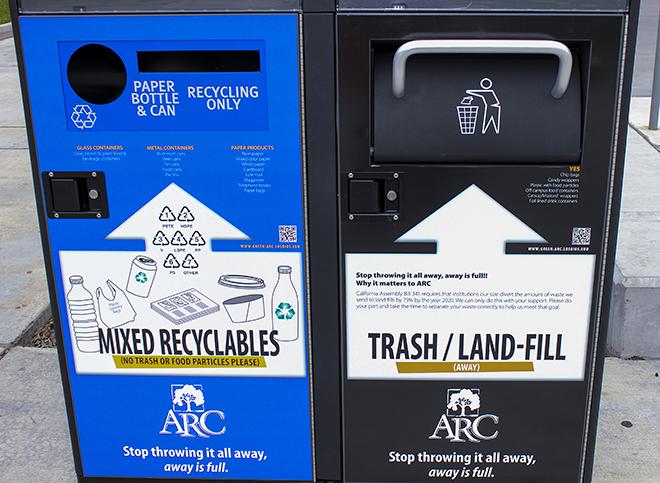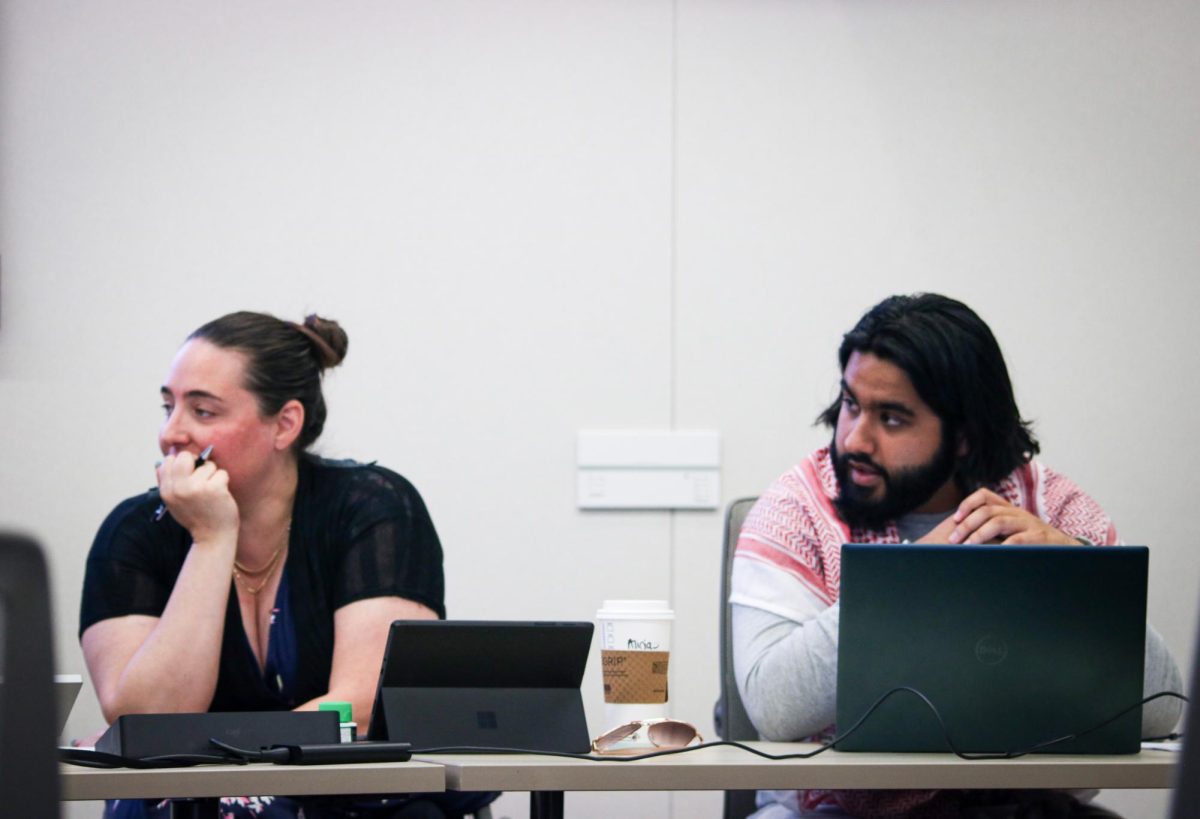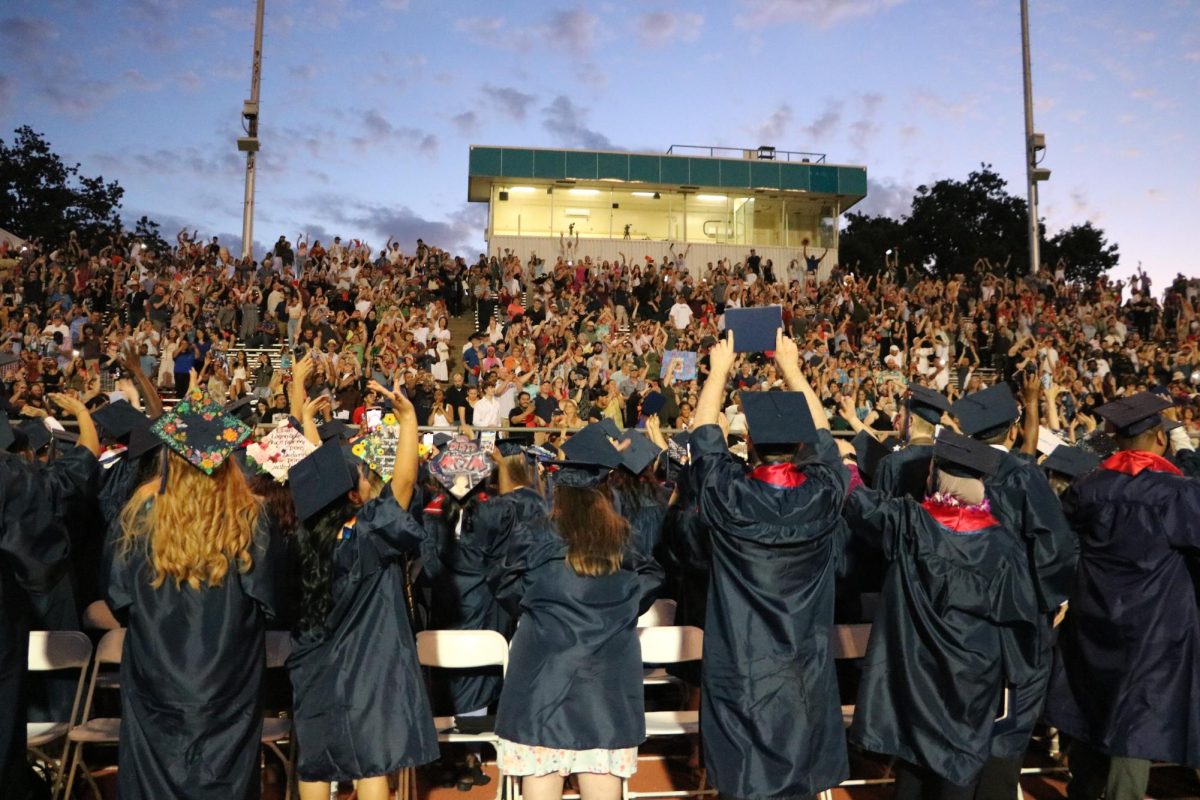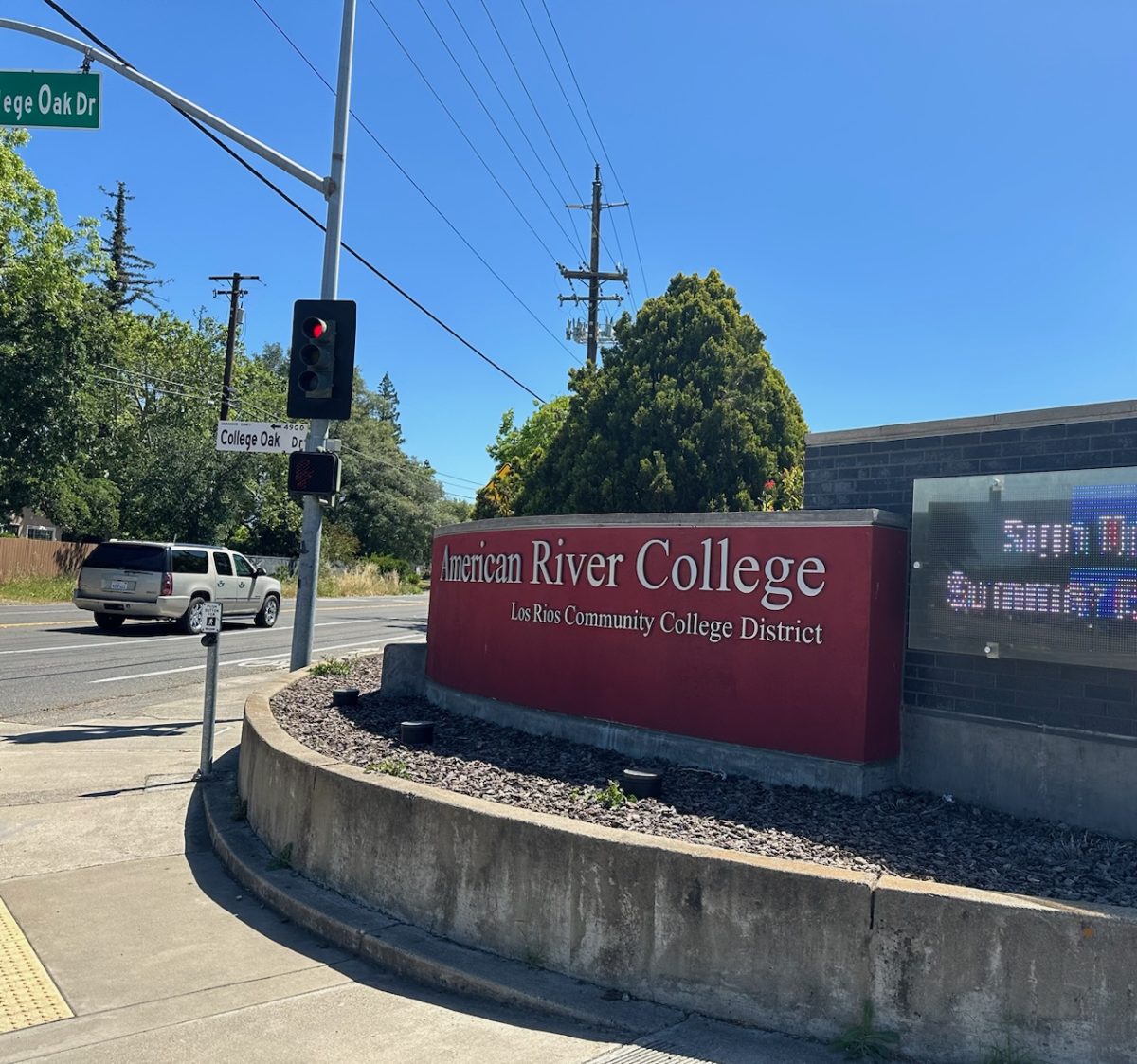A previous version of this story incorrectly identified Sustainability at ARC as a committee and project in the headline and incorrectly identified Don Reid as Ron Reid and Jake Parker as Jake Potter.
$50,000 was awarded to American River College sustainability representative Don Reid of the Buildings, Grounds and Safety Committee to buy 14 Max-R recycle stations, two Big Belly recycle bins, a Silver Recovery system and a can puncture station.
In spring 2015, former Associated Student Body President Tami Dunning asked Reid how ASB could help with the sustainability efforts on campus, to which Reid answered recycle bins.
“We have a law we are trying to meet … the only way to do that is if we have recycle bins out on campus,” said Reid.
Matthew Blevis, operations technician of administrative services, said that ARC has to do a Waste Management Annual Report to the State Agency Reporting Center (SARC).
“Right now we are at 50 percent diversion rate and we have to prove that 50 percent of our waste is being diverted from our landfill … by 2020 we are supposed be at 75 percent of diversion rate,” Blevis said.
Reid gave a presentation to ASB and with matching funds from the Vice President of the Administration Ray Di Giulio, he was awarded $50,000.
The information in the presentation is available on the ‘Sustainability at ARC’ Facebook page.
According to Reid, the company Max-R, which donated the first 3-unit bin for the cafeteria, worked the pricing to help ARC get the best deal.
“I think the key here is to have something that makes you notice at first off…I think those are nice enough and bright enough,” said Reid.
Jennifer Gonigan, biotechnology major, said that they “look pretty cool and very sophisticated.”
The Max-R bins are made from 1,145 plastic milk jars and the Big Belly bins are solar powered trash compactors, which send an email to the maintenance department when full.
Jake Parker, who is pursuing a 3D Animation certificate, said that he found the new recycle bins “aesthetically pleasing” and that they make it easier to recycle because they are next to each other when you have different types of garbage.
“They cleared up the campus, especially the ones close to the new building,” said Parker.
Reid and Blevis agreed that the amount of money awarded was worth it in comparison to the amount of money spent on other projects.
“If we are producing less landfill (waste), we are saving money,” said Blevis.
According to Blevis, students are the main source of campus-produced waste, and if they learn to recycle at ARC, they will bring it home and help the environment all over the world.
A can-puncture station to divert aerosol cans from the waste stream and a silver recovery system for the photography department were also purchased with the awarded money.
The can-puncture machine is used to puncture aerosol cans to recycle them because the paint inside is hazardous, meaning it is potentially harmful to health and environment and cannot be recycled.
“Now we are collecting the cans instead of getting rid of them as hazardous waste… then we puncture them, get the hazardous waste, and then recycle the cans,” said Blevis.
Blevis said that by using the silver recovery system, the photography department will be able to separate silver, recycle it, and then the liquid waste, which is not hazardous anymore, can go down the drain.
Reid said more new projects are coming up during 2016.
“Look for the filtered water bottle refill stations next,” Reid said.















Don Reid • Apr 5, 2016 at 9:47 am
The #Prezi that was mentioned in the article can be viewed at:
https://prezi.com/_hce6js2lrt2/arc-sustainability-needs
and more information on this project along with some photos can be found on SustainbilityARC’s Facebook page:
https://www.facebook.com/SustainabilityARC/posts/1065240816850422